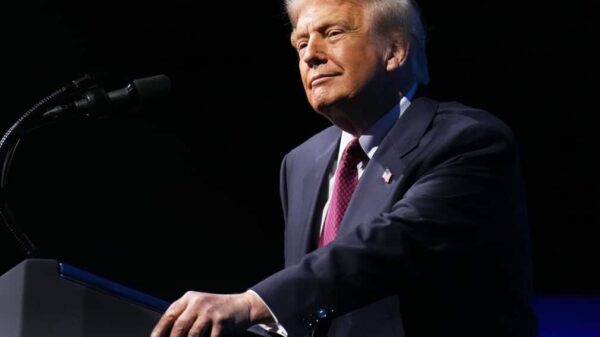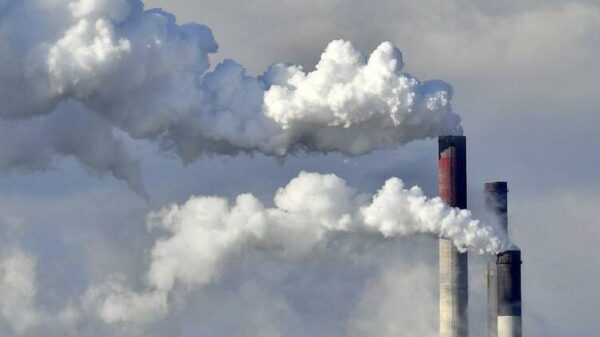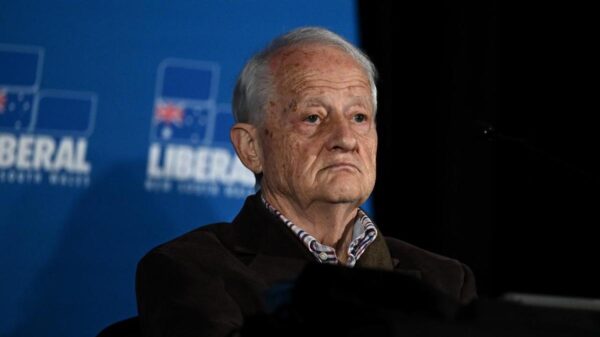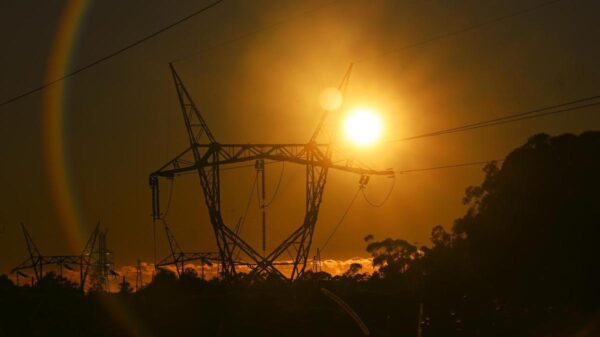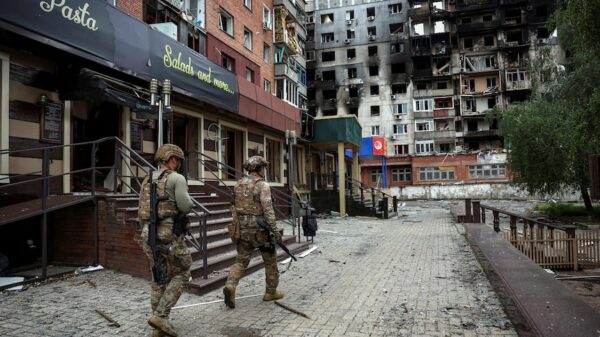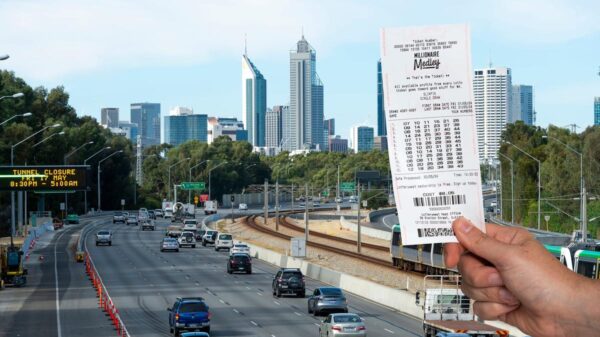The 98th session of the OECD Steel Committee took place in Paris on November 4-5, 2025, where delegates addressed significant challenges facing the global steel industry. Vice-Chairs Sheryl Groeneweg and Lieven Top led discussions focused on the impact of non-market policies and practices. These practices, employed by certain countries, are distorting steel prices and undermining market shares of member countries, thereby creating substantial trade disruptions.
Concerns have heightened due to a marked increase in Chinese steel exports, which surged by an additional 10% this year, reaching unprecedented levels after doubling from 2020 to 2024. The ongoing rise in exports is displacing steel workers and businesses within market-oriented economies, raising alarms about the overall economic security in the sector.
The financial ramifications for firms in the steel industry are becoming increasingly evident. Nearly 20% of projects targeting lower-carbon emissions are currently on hold, with significant investments aimed at upgrading and maintaining competitive facilities also at risk. The committee’s discussions centered on developing effective policy responses to these shared challenges, ensuring that member countries can navigate the turbulent market conditions.
Key Conclusions and Future Steps
Delegates at the meeting reached several critical conclusions regarding the path forward. They emphasized the need for enhanced collaboration among member countries to mitigate the effects of non-market practices. By sharing information and strategies, countries can better protect their steel industries and promote fair competition.
The committee underscored the importance of addressing the root causes of the current trade disruptions. There is a collective recognition that immediate action is necessary to safeguard national and economic security. Member countries are urged to implement policies that not only counteract unfair practices but also support the transition to lower-carbon steel production.
The discussions at the OECD Steel Committee signify a pivotal moment for the global steel industry. As countries grapple with the implications of rising exports and market distortions, the need for cohesive and effective policy measures has never been more urgent. The outcomes of this session will likely shape the future landscape of the steel sector, influencing trade dynamics and environmental commitments in the years to come.







